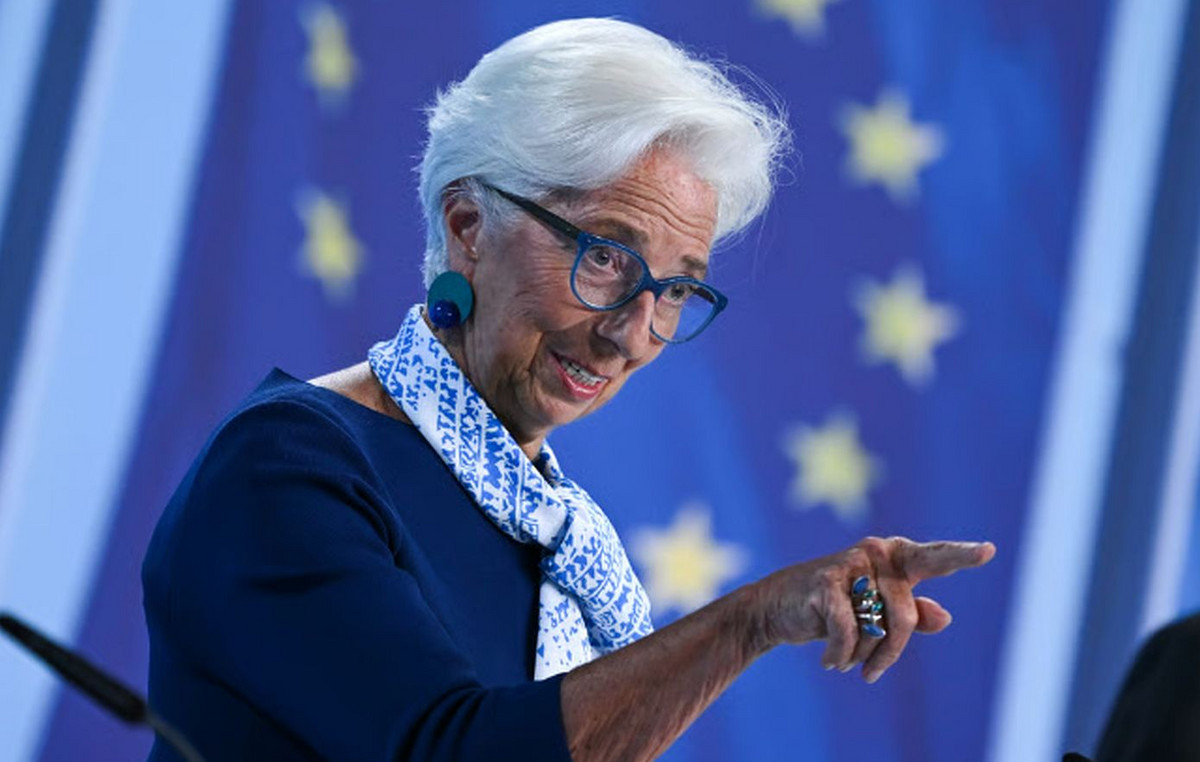The European Central Bank’s new program to combat fragmentation can reduce the risk of large fluctuations in borrowing costs, negatively affecting the debt dynamics in the Eurozone countries, especially for the most indebted countries, Fitch Ratings reports in an analysis of.
The ECB’s program is expected to support the creditworthiness of these countries, Fitch said, adding, however, that further progress in debt consolidation and debt reduction remains key to the country’s credit rating.
The house notes that the Board The ECB assessed on June 15, at its extraordinary meeting, the expansion of spreads in some of the region’s bonds. The Board confirmed that the ECB will reinvest the proceeds of the PEPP portfolio maturities as they mature, applying flexibility and at the same time decided to ask the relevant Eurosystem services to design a new instrument to combat fragmentation.
In its analysis, the house notes that a rapid increase in yields at different maturities can cause excessive differentiation (fragmentation). He even points out that such moves can become self-fulfilling, as in the period 2011-2012, when the Eurozone experienced a level of fragmentation that the ECB would like not to repeat again.
Fitch believes that reaching an agreement within the ECB and designing an effective tool will be a difficult task. “We believe that the new program will probably include bond purchases from specific countries by the ECB to reduce yields. In theory, Outright Monetary Transactions (OMT) created in 2012 but never used, could do it. “But this is subject to the terms of the European Stability Mechanism (ESM), something that countries may want to avoid,” it said.
Recent reports suggest that the new tool may have less stringent terms, Fitch adds. This can be done by complying with the European Commission’s regular recommendations for the Eurozone economies, with the ECB “sterilizing” markets so as not to influence the direction of monetary policy.
The house expects the ECB to reach a compromise until the next meeting, on July 21, as a failure to announce the new program would provoke negative reactions in the markets.
Read also:
Villeroy (ECB): Our new market interventions should be “sterile”
ECB: Flexibility in reinvestment from PEPP, a new tool is coming
Source: Capital
Donald-43Westbrook, a distinguished contributor at worldstockmarket, is celebrated for his exceptional prowess in article writing. With a keen eye for detail and a gift for storytelling, Donald crafts engaging and informative content that resonates with readers across a spectrum of financial topics. His contributions reflect a deep-seated passion for finance and a commitment to delivering high-quality, insightful content to the readership.







